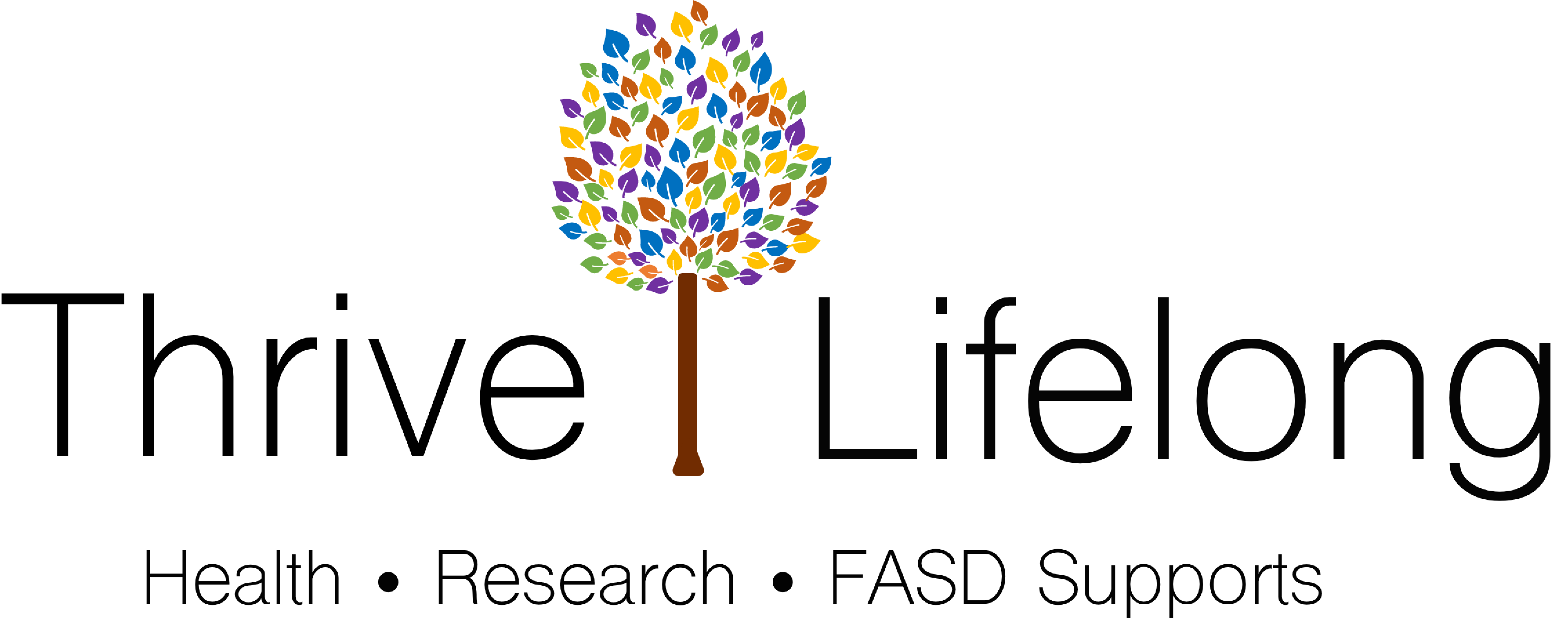Newsletter - Summer 2023
Provider Assisted FMF Connect Focus Groups Sign-Up!

Are you a mental health provider who works with families? You may qualify for this study!
Do you know a mental health provider who might be interested? Tell them about this opportunity to help advance the care for children with fetal alcohol spectrum disorders (FASD).
This is an opportunity to participate in a focus group to provide feedback on an app we are developing for providers to use with families. Providers receive $25 for participating.
We are looking to include mental health providers and trainees with and without experience with FASD. This study will help us develop an app and training materials for mental health providers to better identify and serve children with FASD. The app will provide resources, tools, and information on how to help families.
To learn more and sign up: https://bit.ly/Providerapp
Questions? Email: fmfconnect@urmc.rochester.edu , Call: (585) 275-2991 x 334
Yes I Am: An Impactful Follow-up to “Yes I Can”

At the beginning of 2023, FASD United started a campaign “Yes I Can!” This campaign aims to show that people with FASD are capable. “FASD is a diagnosis, NOT a definition.”
Now, FASD United is launching a follow-up campaign “Yes I Am”. Yes I Am features “I am ME with an FASD”. It emphasizes a person-centered and lived-experience approach to motivate and encourage individuals with FASD.
The campaign aims to delve into the research conducted on children with FASDs, their caregivers, and their capabilities. The research include motivation, relationships with oneself and others, and positive influences. By learning this research, children and their caregivers could identify and appreciate the positive aspects of their disability while working on adjusting problematic behavior. An important theme across the research is growth- both its pursuit and the aspiration to sustain it.
Researcher and advocate, Dr. Christie Petrenko, created a word cloud from data on the strengths and positive characteristics of people with FASD, which included phrases like helpful, loving, and caring! These positive attributes are highlighted in this campaign. You can read more about the research that contributed to this word cloud at this link.
This study’s lead author was Carson Kautz-Turnbull, a talented graduate student in our lab. You can join and support the campaign right from home! Follow the FASD United social media channels. Together as a community, we can proudly say, Yes I Can and Yes I Am!
Research Corner

Towards healthy outcomes for individuals with FASD: A philosophy and approach to intervention
Joly, Harding, and Pei, 2022
Due to prenatal alcohol exposure, individuals with Fetal Alcohol Spectrum Disorder (FASD) may encounter different challenges in behavior, cognition, and physiology. Therefore, effective intervention approaches are necessary to address these evolving needs. The "Towards Healthy Outcomes" approach is developed by Psychologist in Canada to provide an evidence-informed framework to support interventions for individuals with FASD across their lifespan.
The guiding philosophies and core beliefs of the "Towards Healthy Outcomes" framework can be applied to 12 domains throughout the lifespan: (1) physical health; (2) attachment; (3) family cohesion; (4) social functioning; (5) mental health and regulation; (6) education; (7) identity development; (8) community engagement; (9) adaptive skills; (10) housing; (11) employment; and (12) parenting skills.
Each of these domains is explored by exploring the current research findings on FASD and intervention practices for individuals with FASD, as well as integrating the experiences of individuals with FASD.
In conclusion, the "Towards Healthy Outcomes" framework is an intervention approach that promotes evidence-informed framework and strength-based strategies to promote the development of individuals with FASD, and could be used in future interventions.

